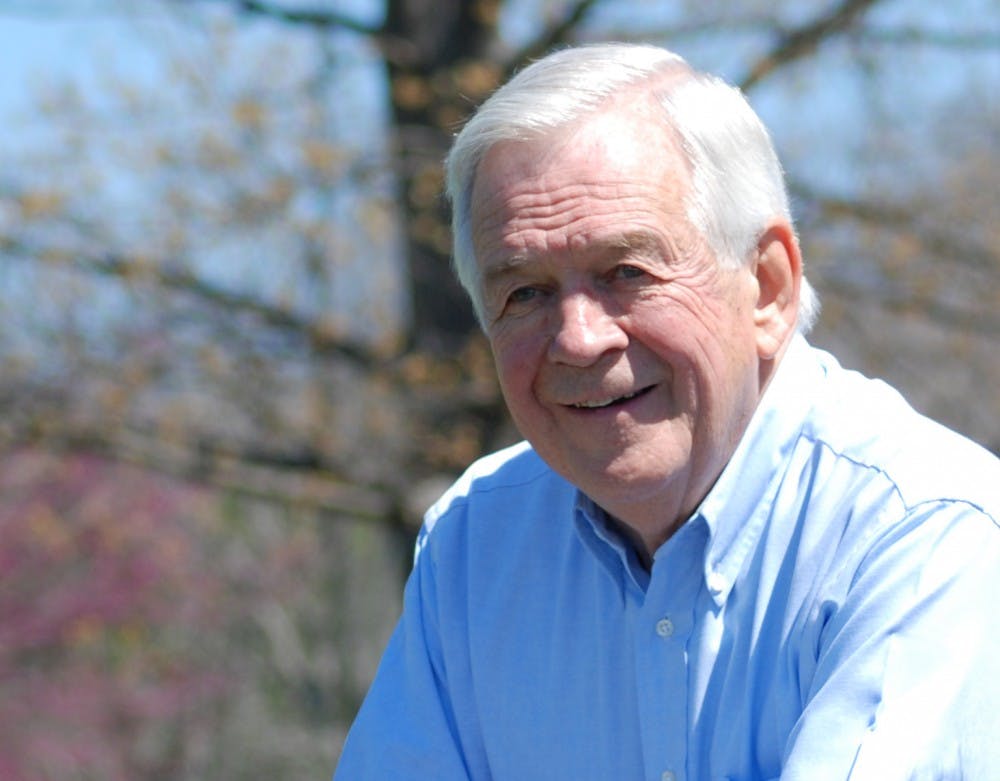The partisan balance of power in the state Senate hangs in the balance as a special election to fill the seat vacated by Attorney General Mark Herring, a Democrat, is fast approaching. The 33rd district seat, which represents the majority of Loudoun County and portions of Fairfax County, could determine whether Republicans are able to gain a majority in the Senate when voters head to the polls Jan. 21.
Two seats planned special elections in January, Herring’s and that of Lt. Gov. Ralph Northam, also a Democrat. An election for his seat was held earlier this month, and although a Democrat currently holds a razor-thin lead a recount is underway.
Notwithstanding the outcome of both special races, the Senate has 20 Republican members and 18 Democrats. If a Republican candidate wins one of the vacant seats, the GOP will retain control of the chamber. If Democrats fill both available seats, Northam will obtain tiebreaking authority in the chamber.
The upcoming race pitts Democrat Jennifer Wexton, a former prosecutor and private practice attorney in Loudoun County, against Republican John Whitbeck, an attorney from Leesburg and state GOP official, and Independent Joe May, a former Republican who served in the House of Delegates from 1994 to 2014 before losing a GOP primary last year.
Center for Politics spokesperson Geoffrey Skelley said regardless of which party controls the Senate, there will probably be some degree of gridlock.
“The House of Delegates is heavily Republican — the GOP controls 67 of the body’s 100 seats — and the governor is a Democrat,” Skelley said in an email. “It will be difficult for the House and Gov. McAuliffe to find common ground on a wide range of issues, particularly fiscal and social ones.”
Though this election is of particular significance, voter turnout in special elections is generally low and difficult to foresee. The last time the 33rd district held a special election in 2006 — electing Herring to the seat he held before winning the Attorney General race — 11.3 percent of voters turned out.
“Special elections typically have low to very low turnout,” Skelley said. “Voters are less engaged because it’s not a regularly scheduled election.”







